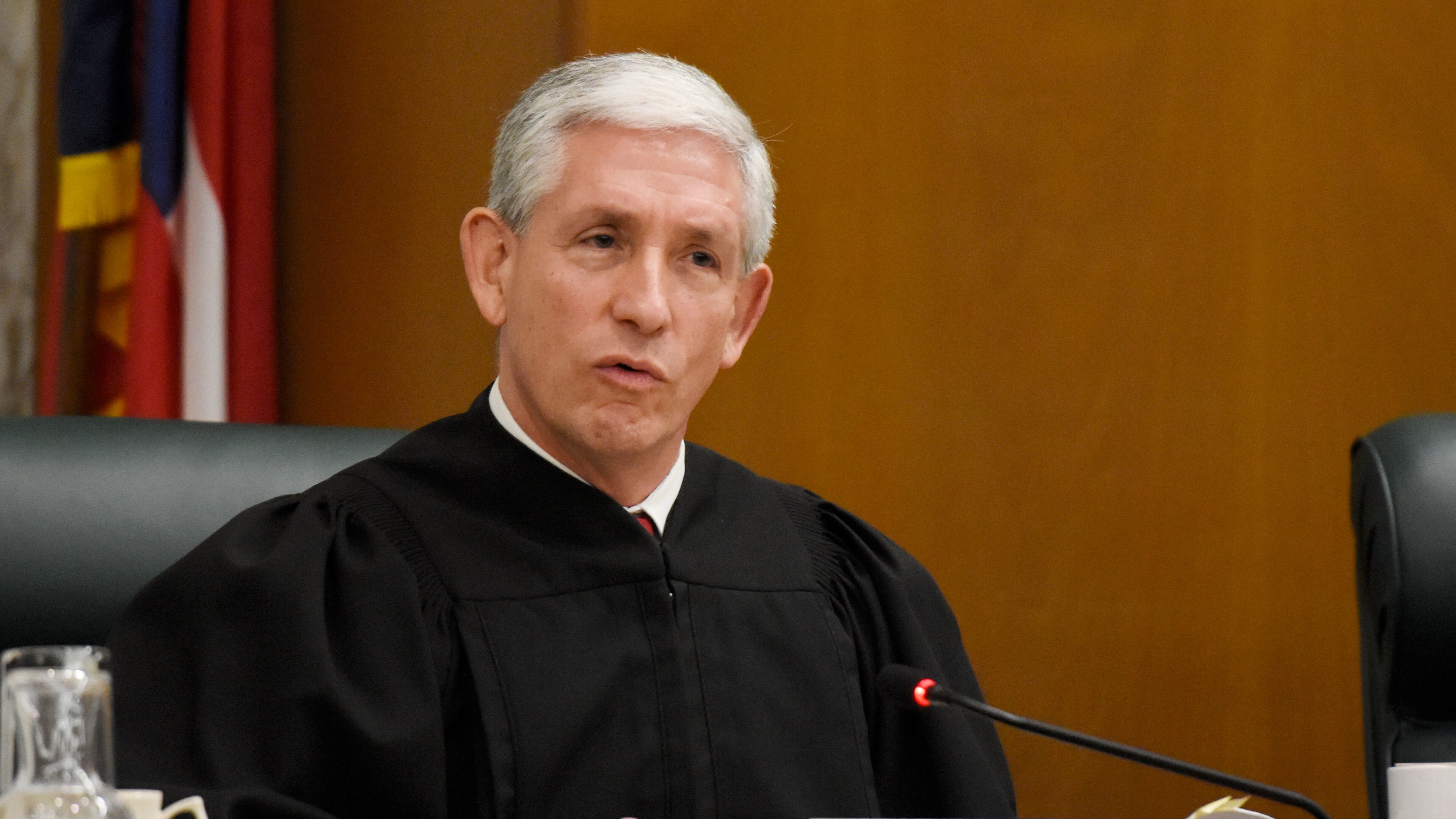Payday lending group loses lawsuit over record release

The Georgia Supreme Court on Monday ruled that correspondence between a Kennesaw State University professor and a payday lending organization she conducted a study for is subject to disclosure under the state’s open records laws.
The ruling, hailed by open government advocates, means that Campaign for Accountability, a Washington-based watchdog group, can obtain communications between Kennesaw State statistics and data science professor Jennifer Lewis Priestley and the Consumer Credit Research Foundation, which touts studies favorable to payday lending.

Campaign for Accountability had filed requests under the state's Open Records Act after Priestley published an article about a study she did for Consumer Credit Research Foundation in 2014. The foundation gave her a $30,000 grant for the work.
When the university system agreed to turn over the correspondence, the Consumer Credit Research Foundation filed suit to block it.
Last year, the Court of Appeals ruled in the foundation’s favor, but the Supreme Court unanimously overturned that decision.
“This is a great win for anyone who believes in the importance of open and transparent government,” said Atlanta lawyer Henry Chalmers, who represents Campaign for Accountability. The nonprofit contends the payday loan industry funds favorable academic studies to boost its bottom line.

If the court had ruled the other way, it could have set a precedent for other cases pertaining to government records. Chalmers said, “it essentially would have pulled the shade down on sunshine into government affairs.”
The Consumer Credit Research Foundation argued that the Open Records Act prohibits the release of information that falls within any of the act’s 50 exemptions. And it said the information sought by Campaign for Accountability fell within two of those exemptions.
But Justice David Nahmias, writing for the court, said the Open Records Act merely states that a public entity “shall not be required” to release such information. That does not mean “prohibited from disclosure,” he said.
Reading the law as suggested by the Consumer Credit Research Foundation “would be contrary … to the English language,” wrote Nahmias, who offered some hypothetical examples to explain his reasoning.
“Owners of vehicles that are exempt from emissions testing requirements are not prohibited from testing their vehicles’ emissions,” the opinion said. “If a teacher tells his students that an extra credit assignment is not required, a student who completes the work would be quite annoyed if the teacher rejected it as prohibited.”

Atlanta lawyer Tom Clyde, who represents The Atlanta Journal-Constitution and is a board member of the Georgia First Amendment Foundation, praised the ruling.
“The Supreme Court’s decision today means governments’ hands are not tied when they want to release information to the public,” he said. “Unless a law specifically forbids release, government agencies can use their best judgment to keep the public informed. That’s the way democracy is supposed to work.”


